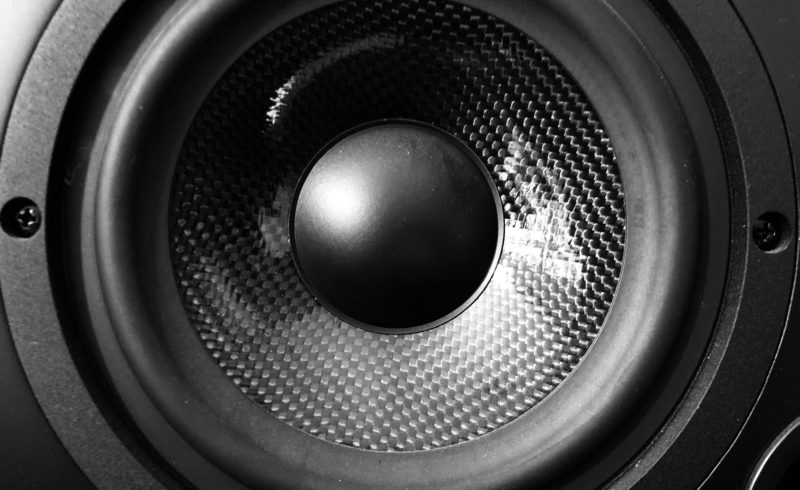
First things first, the Kraftwerk case was initiated in Germany twenty years ago and decided recently by the Court of Justice of the European Union. Copyright laws vary in some ways from place to place, but behind intellectual property laws are philosophical principles that evolve. And especially philosophical decisions like this one move discussions along and have influence and reach beyond the EU.
The Kraftwerk case had to do with a very short sample from their Metall auf Metall, that was used in a track called Nur mir, by Moses Pelham and Martin Haas.
Here, listen to both.
We’re talking about a measure of drum machine type sounds, so I won’t blame you for saying, “It’s a little bit of drum machine! It’s nothing!” But first consider how much harder this used to be to achieve. Kraftwerk were pioneers.
But more poignantly, the CJEU’s ruling implies (I’m going to put words in their mouth) that our justification is a mitigating one, but it doesn’t make for a rule of law. Instead the rule of law is, “don’t steal anything of non-zero value that does non-zero harm to the one from whom you stole it.”
That’s the bedrock principle.
Unauthorized sampling was found to infringe upon copyright regardless of how brief, as long as it’s recognizable. So there’s no minimum number of notes nor seconds of duration beneath which you can freely sample. If you have a split second of sound in your recording that is clearly recognizable, and someone jacks that split second of sound for their new work, that should be infringement.
However, if they “manipulated” or “altered” your audio to the point of it being un-recognizable, then it does NOT infringe. Yes, they started with your sound, but they transformed it so much that nobody can recognize it as your sound, so you are not harmed. There’s new art and nobody got hurt. That’s a good thing right? Sure, if you aren’t put off by the idea that they got value from the original and paid nothing for that value.
All of this is imperfect. But copyright is noble in seeking to balance the rights of holders against discouraging future creativity. That’s part art and part science.
So it’s not a free for all. But it’s reasonable. If the two seconds were so small as to be insignificant then why did it necessarily have to be Kraftwerk’s sound? It’s a drum beat. Record a different one.
You can’t have it all ways. You can’t have your justification.